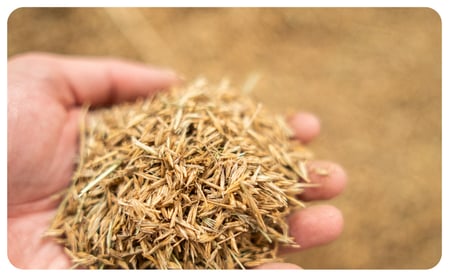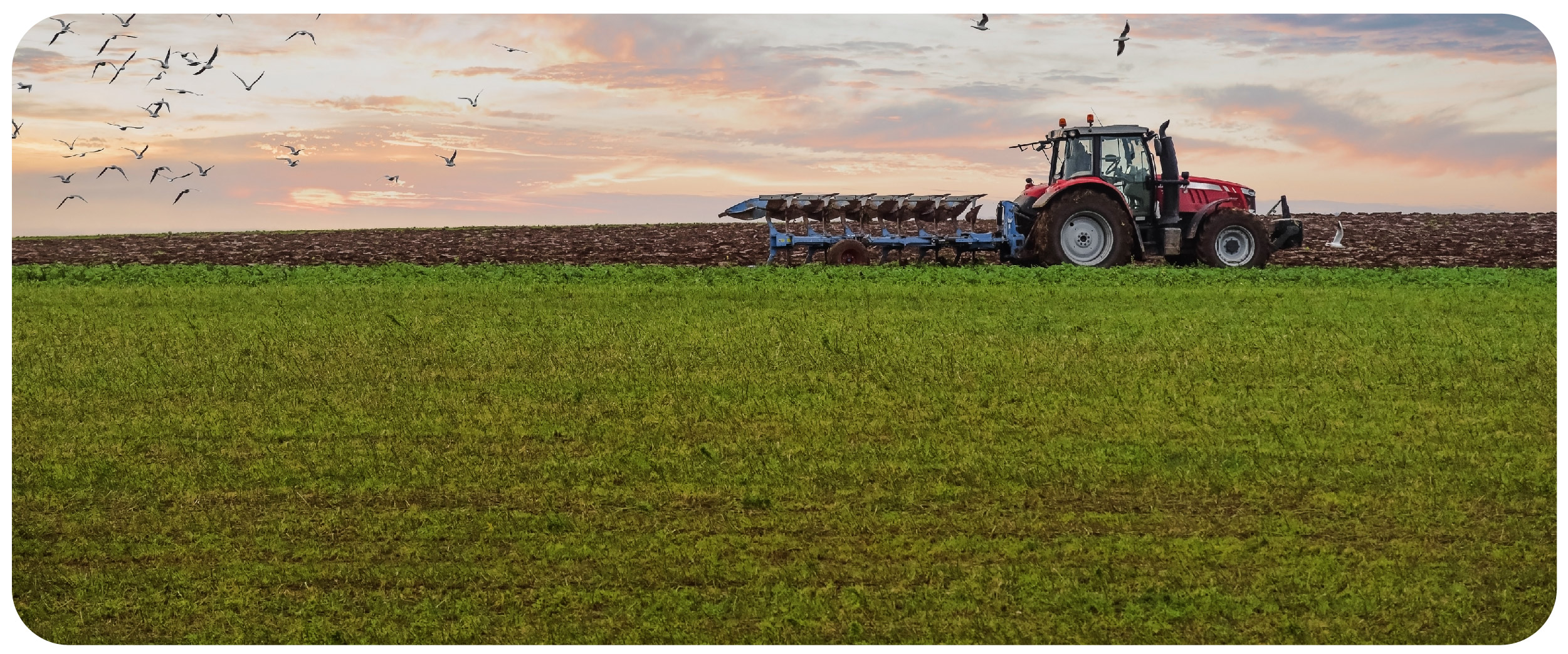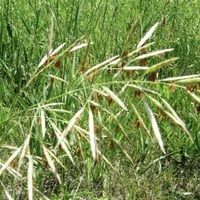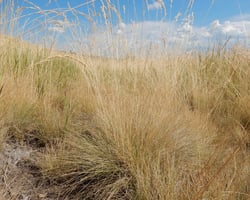Planting seeds that are varietally pure and have high germination rates can result in lasting results and higher yields. These plants can restore nutrients to the soil and support future plant growth for seasons to come. Continue reading to see how far the reach of planting quality seeds can spread.
Environmental impacts of quality seed
 Absorb carbon emissions
Absorb carbon emissions
Healthy soils and plants can combat carbon emissions and climate change by absorbing atmospheric carbon that would otherwise harm the Earth's atmosphere. This process is referred to as carbon sequestration and can be done naturally and by human effort to reduce carbon emissions that have the potential of becoming carbon dioxide gas.
Erosion control
Coverage from hardy agricultural grasses can protect your soil from harmful elements like wind and water exposure. These plants are deeply rooted, hold topsoil and nutrients in the ground, and prevent the spread of weeds and disease.
Purify and improve air quality
Increased oxygen production and improved air quality is another benefit of planting quality seeds. Plants take in carbon dioxide and release the oxygen we need to breathe while capturing pollutants in the air.
Provide habitat to wildlife and pollinators
Growing native plants provides a welcoming environment and habitat to surrounding wildlife and pollinators in your area. These plants enhance pollinator populations and welcome helpful insects and critters.
|
Mountain Pass Native Grass Seed Mix
|
We're proud to support state and federal agencies
With over 65 years under our belt, our team has decades of experience supporting those in the ag business and government to see success on their large seed projects. Our Cultivation Experts support our customers to get the most out of their seed investment.
Give us a call or go online to tell us more about your upcoming projects and needs–we're always here to help!


.jpg?width=200&name=Homesteader%20(1).jpg)


.jpg?width=200&name=Custom%20Blend%20(1).jpg)
